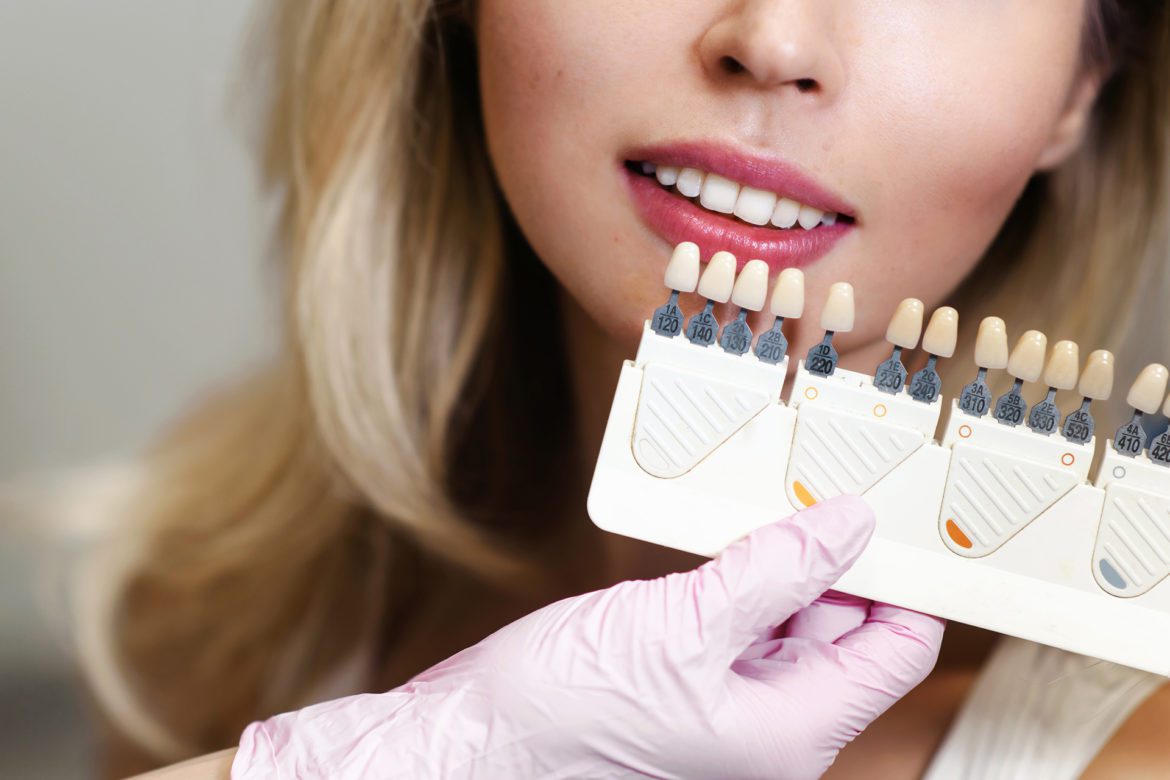Background
Facial attractiveness, influenced by dental esthetics, impacts self-perception and social interactions. The rise of social media has further fueled the demand for cosmetic dental treatments. This study aimed to examine the influence of self-esteem on the inclination of dentists, dental students, and laypeople toward esthetic dental treatments.
Methods
This cross-sectional study involved 410 participants, including dentists, dental students, and laypeople, selected through convenience sampling. Data were collected using a questionnaire that captured sociodemographic characteristics, oral hygiene status, previous experience with esthetic treatments, inclinations toward esthetic dental treatments, and self-esteem levels using the Rosenberg Self-Esteem Scale (RSES). The questionnaire, created on the Porsline© website, was distributed via social media platforms. Data were analyzed using SPSS version 21, employing the Chi-square test and logistic regression, with a p-value of less than 0.05 considered statistically significant.
Results
The RSES showed that 16.3% of participants had low self-esteem, while 83.7% had high self-esteem. Among participants with previous cosmetic procedures, 84.3% expressed interest in pursuing additional treatments compared to 47.7% of those without such experience (P < 0.01). Among dental professionals, 38.3% of high and 37.5% of low self-esteem individuals expressed interest in cosmetic treatments (P = 0.42), while among laypeople, 66.6% of high and 82.2% of low self-esteem individuals indicated interest (P = 0.04). Regardless of profession, 66.7% of individuals with low self-esteem and 55.4% of those with high self-esteem expressed interest in esthetic treatments (P = 0.08). RSES scores varied significantly across age groups, with participants aged > 45 years showing the highest scores (P = 0.03). Regression analysis indicated that laypeople were more likely to seek esthetic dental treatments than dentists or dental students (OR = 3.02, 95% CI = 1.88–4.83). Participants with a history of esthetic dental treatments were also more likely to pursue further procedures (OR = 5.39, 95% CI = 2.97–9.77).
Conclusions
Self-esteem significantly correlates with laypeople’s inclination toward cosmetic dental treatments. Dentists and dental students tend to express less interest in such procedures, likely due to their understanding of potential long-term complications. Additionally, individuals with prior experience in esthetic dental treatments showed greater interest in pursuing further treatments.
Facial attractiveness impacts various societal outcomes, such as partner selection, forming friendships, securing employment, and even court sentencing. Dental health is a critical factor in facial beauty and can influence how individuals perceive others’ personality traits. Dental esthetics significantly affect a person’s quality of life by shaping self-perception, social behavior, and psychological well-being. These factors, coupled with the growth of social media, have led to an increased demand for dental esthetic treatments. As media platforms expand, the desire to enhance one’s smile has driven the popularity of cosmetic dental procedures.
Self-esteem refers to an individual’s perception of their own worth. It represents the belief that one is “good enough.” Individuals with high self-esteem inherently value their individuality and feel confident in their worth. Cosmetic dental procedures, such as veneers, not only improve physical appearance but also boost self-esteem. Conversely, dissatisfaction with dentofacial esthetics is associated with greater psychosocial stress and reduced self-esteem .

